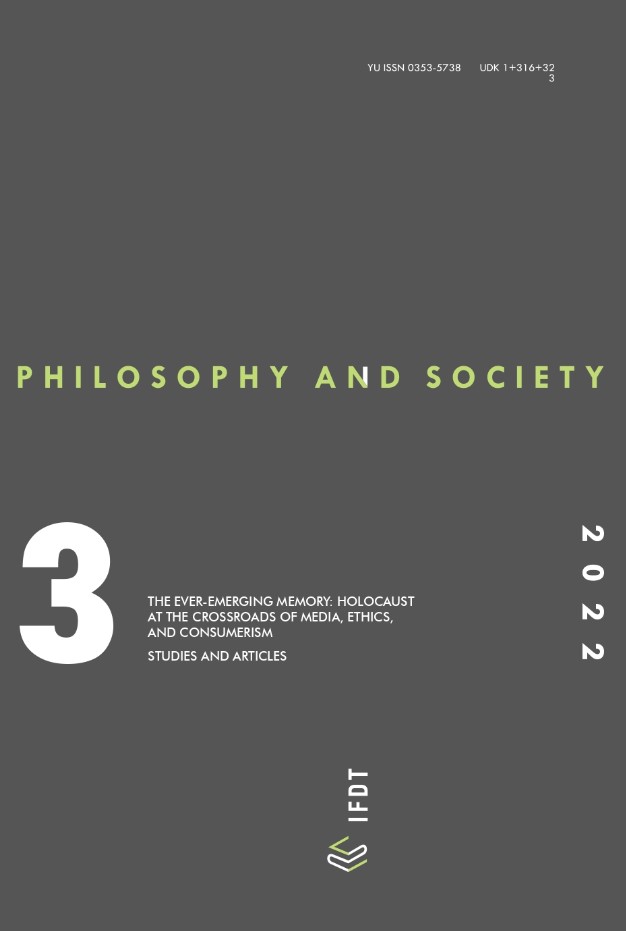Kant’s Moral Theory as a Guide in Philanthropy
Kant’s Moral Theory as a Guide in Philanthropy
Author(s): Bojana RadovanovićSubject(s): Ethics / Practical Philosophy, Philosophy of Mind
Published by: Institut za filozofiju i društvenu teoriju
Keywords: Kant’s Moral Theory; duty of beneficence; philanthropy
Summary/Abstract: This paper focuses on Kant’s moral theory and how it can guide our actions in philanthropy. Philanthropy is usually defined as a voluntary action aimed at relieving suffering and improving the quality of lives of others. It has been argued that, within the framework of Kant’s theory, it is our duty to be beneficent, sacrificing a part of our welfare for others. The duty of beneficence is a wide one. Interpreters of Kant disagree on what the wide duty of beneficence requires. While a few argue that it only requires that we provide help sometimes, others hold that the duty of beneficence should be seen as more demanding, particularly in cases of emergency when help is urgently required. We are morally obliged to promote the happiness of others, but the duty of beneficence does not tell us whose happiness and how much of our resources to give. Other than emergency cases, in fulfilling the duty of beneficence, we can prioritize the ends of those near and dear to us who concern us more. Moreover, on condition that we are not indifferent to others, it is morally permissible to prioritize our ends. Finally, the paper argues that it is not always straightforward what kind of action is required in helping someone in need, and that beneficence in Kantian terms is not limited to the philanthropic sector.
Journal: Filozofija i društvo
- Issue Year: 33/2022
- Issue No: 3
- Page Range: 585-600
- Page Count: 16
- Language: English

